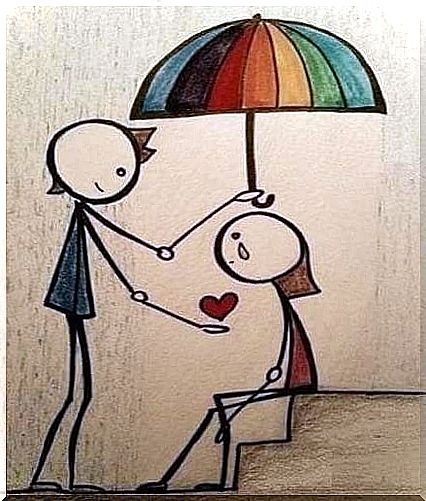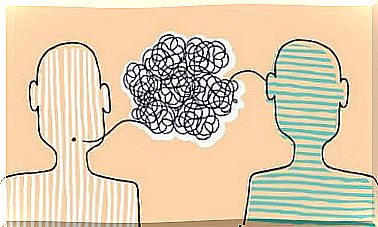You Were Born To Live A Life Full Of Hope

Hope is what pushes you to reach the goals that are most worth it. We were not born to live mediocre lives. The brain needs hope to function properly, just as the heart needs it to pump blood through the veins.
When you live without hope, you will suffer from a lack of the neurotransmitters serotonin and dopamine, which can lead to mood disorders.
People have an incredible need for hope. The brain has a perfectly organized system that optimizes all the abilities involved in achieving your dreams. This is how we can experience pleasure in the imagination. When you want something, dopamine levels will rise in the limbic system, causing a strong feeling of pleasure.
Positive psychology has become very popular in recent years, and has highlighted the role of hope as a motivator for taking action. The goal of this branch of psychology goes beyond just studying diseases. It also studies people who are completely happy or successful, and tries to find out why they are.

The prefrontal lobe of the brain is where our most advanced cognitions take place, such as evaluating options for solving problems and making decisions. The prefrontal lobe is influenced by the limbic system – an important part of the brain where hope can improve the higher functions of the brain and strengthen the body’s immune system.
The exact opposite happens when you live a life without hope. Hopelessness weakens the immune system, making you more likely to get diseases.
is the study of the connection between thought, word, mind and body function. Hope is a form of vital energy that can interact with the body and produce physical changes. Santiago Ramón y Cajal – winner of the 1906 Nobel Prize in Medicine – said that “every human being can sculpt his own brain if he wants to”.

There is a directly proportional relationship between health and one’s hopefulness. A study conducted by the Official College of Psychologists of Madrid (2014) found that healthy people are more hopeful than average residents.
On the other hand, sick people tended to lose hope. From this data it can be stated that it is very important to encourage hopefulness, and use it as a tool for personal development. Never forget the energy it can provide.
Hope can be spontaneous, but it is very beneficial to learn how to produce it whenever you want. In this way, time and sufficient training can enable everyone to get it, and thus use it to move forward in life.
Set goals with realistic expectations, take care of yourself, be happy with yourself, accept failure as a part of life and value your efforts will help you become more hopeful.
To regain or maintain hope, it is important to strengthen your relationships with other people. This will result in many positive emotions that will improve the quality of your daily life.










